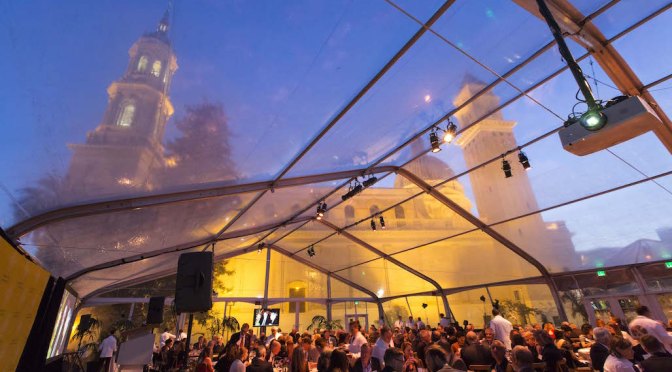A “Homeless Bill of Rights” is being considered in California’s legislature must pass to help defend the state’s neediest people from local ordinances which, in the words of the bill’s backer, “infringe on poor peoples’ ability to exist in public space.”
Last week, Assembly Bill 5, sponsored by state assemblyman Tom Ammiano of San Francisco, cleared a committee of California’s lower legislative house with margin of seven votes to two. The bill currently exists in a stripped down version, but even the narrowed form of the Homeless Person’s Bill of Rights and Fairness Act provides some valuable protections for Californians whose only wrongdoing is to not have a fixed place to call home.
The San Francisco Chronicle reports that there are 15 rights outlined in the bill, which include “the right ‘to move freely, rest, solicit donations, pray, meditate, practice religion, to eat, share, accept or give food and water in public spaces without being subject to criminal or civil sanctions, harassment or arrest.” There are all legal guarantees that would, should the bill pass, fly in the face of many local laws (including San Francisco’s 2010 sit-lie ordinance) that keep people from sitting or lying down in public places — both activities which are central to homeless life.
The bill also includes common sense provisions which recognize that the daily reality of homelessness is persistent and does not simply vanish with anti-homeless ordinances. For example, California would pay for “‘health and hygiene centers’ that would be open 24 hours a day, seven days a week, and would be required to include bathrooms and showers.” The law would disallow sit-lie ordinances in cities that have high unemployment, that have a long waiting list for shelter beds, or that do not provide “readily available public assistance” to the poor. Additionally, attorneys would be provided for people who were given citations based on their housing status, and homeless people would be entitled to be compensated for personal property that was improperly removed or destroyed by law enforcement.
Enumerating the rights of California’s most destitute is a key step toward addressing the root causes of homelessness and extreme poverty, rather than just masking the symptoms of this social condition. Currently 3.7 percent of our city’s population does not have any form of shelter. It is San Francisco’s duty to recognize their right to public existence, and if San Francisco in unwilling to fulfill that duty, then the state in the form of this Homeless Bill of Rights needs to step in. Not passing the current bill risks further incriminating a population that is already marginalized by many of their fellow citizens.




